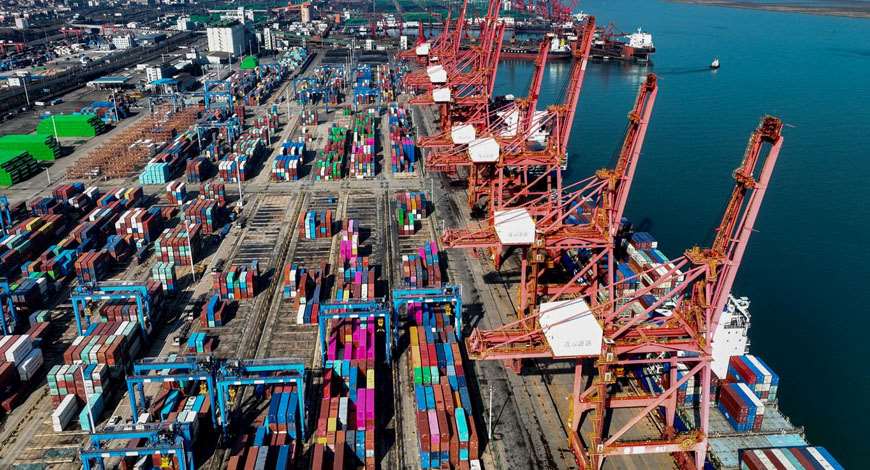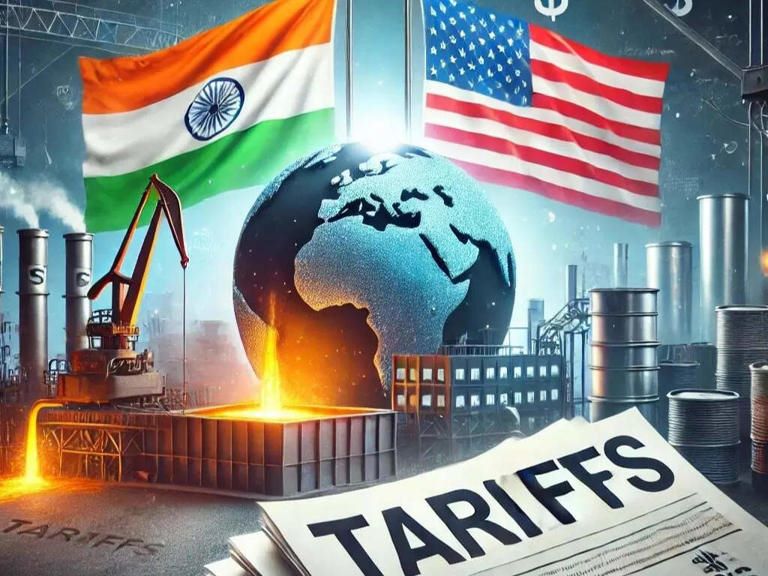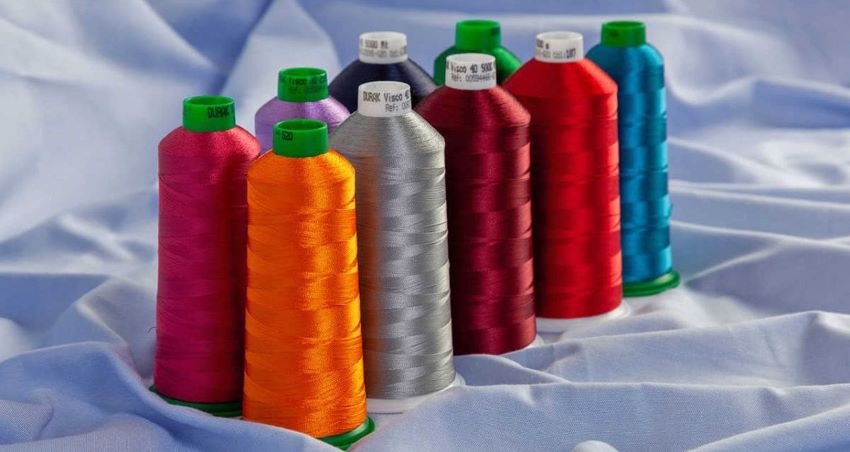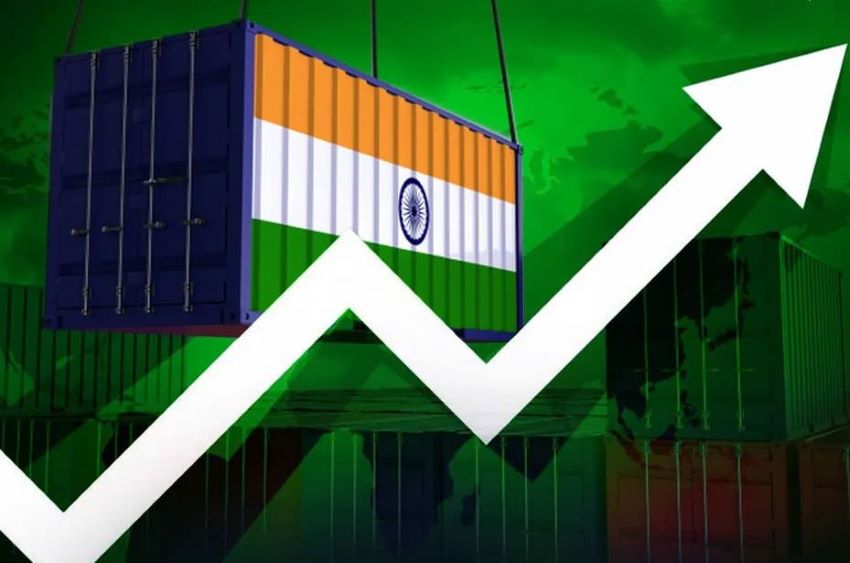Increasingly evolving beyond their traditional role as clothing retailers, fashion brands are now focusing on technology. For instance, Shein’s innovative approach to clothing accessibility is reshaping industry norms, compelling other brands to adapt.
Many fashion companies are expanding their core propositions by investing in their supply chains. Several brands have become shareholders in recycling technology firms like Renewcell and Infinited Fibre Company, signaling a shift towards sustainability.
Alongwith Vargas Holding, H&M Group has launched Syre, a venture aimed at scaling textile-to-textile recycling of polyester, backed by TPG Rise Climate. This initiative is part of H&M’s strategy to future-proof its operations, with a $600 million offtake agreement to secure recycled polyester, moving away from virgin polyester. This investment could lead H&M to become a supplier of recycled materials to other brands, leveraging vertical supply chain integration for a powerful market position.
Similarly, Lululemon has partnered with Australian startup Samsara Eco to develop infinitely recycled nylon 6,6 and polyester. Given that nylon and polyester comprise about 60 per cent of today’s clothing, this collaboration could significantly impact plastic pollution and carbon emissions. Lululemon’s investment positions it as a leader in sustainability, while generating positive PR.
Spanish fast fashion group, Inditex also emphasises innovation through its partnership with chemicals giant BASF. They’ve created Loopamid, a nylon 6 made entirely from waste nylon, with plans to scale this technology further. Inditex's earlier deal with Infinited Fiber Company to purchase Infinna, a fiber from textile waste, underscores its commitment to strategic collaborations and vertical integration.
Beyond recycling, brands are investing in other non-core areas like carbon removal and renewable energy. H&M’s multi-year carbon removal agreement with Climeworks supports CO2 capture and helps meet emission reduction targets. In 2023, Bestseller and H&M Group invested in Bangladesh’s first utility-scale offshore wind project, aiming to boost renewable energy availability in a key manufacturing hub.
Largely feasible for large multinationals, these investments serve to future-proof operations against supply chain volatility and climate-related regulatory scrutiny. Smaller and medium-sized fashion brands may struggle to afford such investments, potentially leaving them vulnerable in an industry where size and scale are increasingly crucial.
Mostafiz Uddin, Managing Director, Denim Expert and Founder CEO of Bangladesh Denim Expo and Bangladesh Apparel Exchange (BAE), highlights these trends, noting the importance of strategic investment in ensuring long-term sustainability and competitiveness in the fashion industry.












